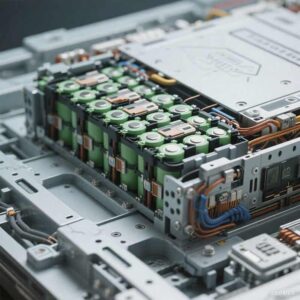The Role of AI and Machine Learning in EV Battery Performance Optimization
Published: September 19, 2025
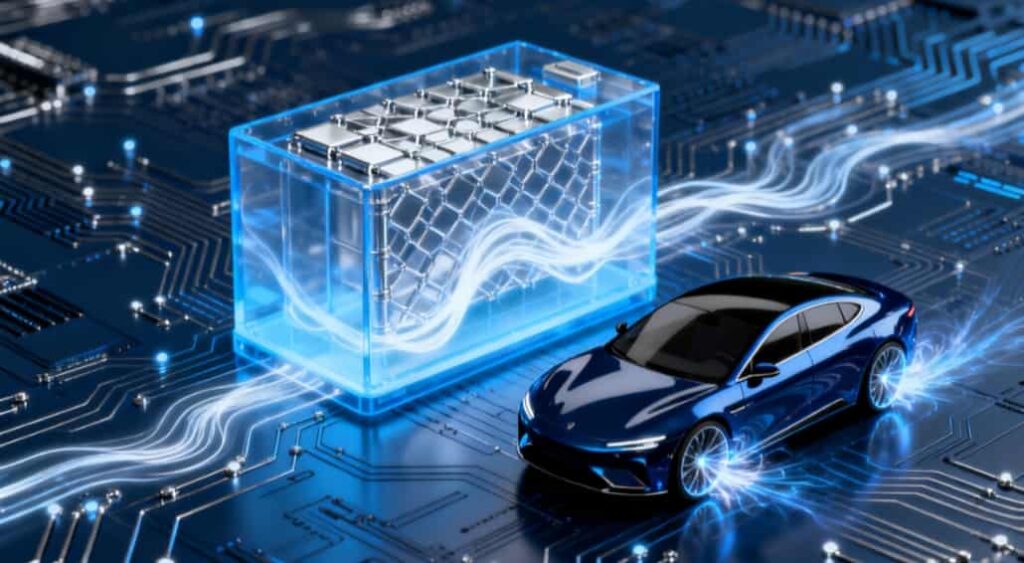
Introduction to AI and Machine Learning in EV Battery Technology
As the electric vehicle (EV) market continues to expand, one of the most significant developments has been the optimization of battery technology. In particular, artificial intelligence (AI) and machine learning (ML) are playing a crucial role in enhancing the performance of EV batteries. These technologies are transforming how EV batteries are managed, optimized, and even recycled, contributing to the continued advancement of the electric vehicle industry.
In this article, we’ll explore how AI and ML are optimizing battery performance in EVs, focusing on improvements in battery life, charging efficiency, predictive maintenance, and the overall impact on sustainability.
The Basics of EV Battery Technology
Before diving into AI and ML’s role in EV batteries, it’s essential to understand the basics of EV battery technology. The most common battery type used in electric vehicles today is the lithium-ion (Li-ion) battery. These batteries are chosen for their high energy density, long life cycle, and relatively low self-discharge rate. However, like all technologies, they are not without their challenges. These challenges include degradation over time, thermal management, and energy efficiency—issues that AI and ML can address effectively.
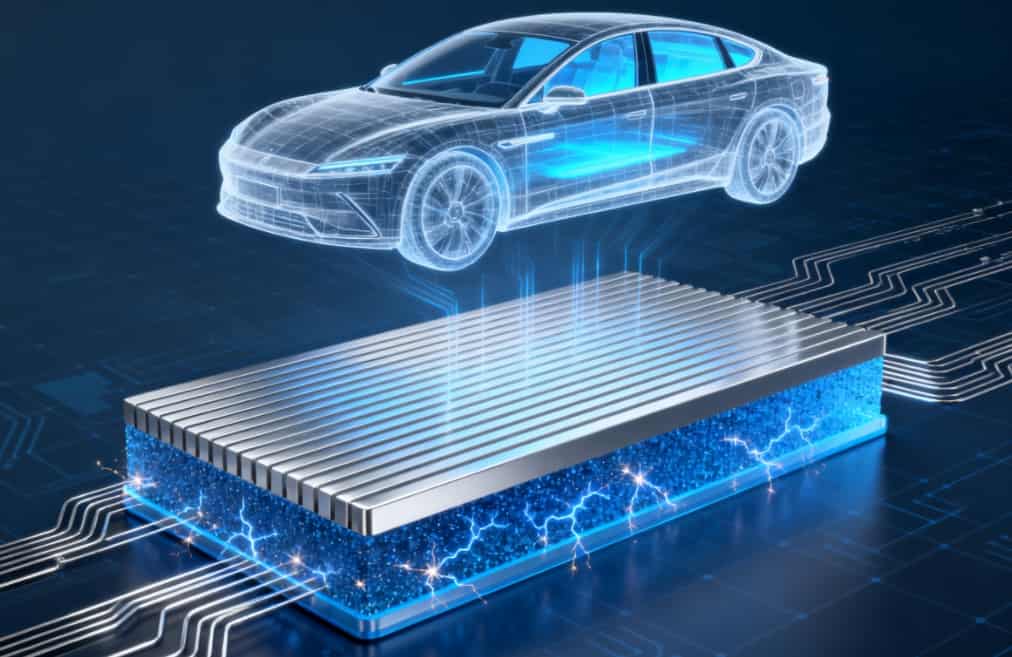
How AI and Machine Learning Optimize EV Battery Performance
Battery Life Optimization: One of the biggest concerns among EV owners is the longevity of the battery. Over time, lithium-ion batteries degrade due to chemical reactions that occur during charging and discharging cycles. As the battery ages, it loses its ability to hold a charge, which affects the overall range of the vehicle.
AI and ML can help optimize charging cycles to extend the battery’s life. By continuously monitoring data such as temperature, voltage, and charging time, machine learning algorithms can determine the optimal charging conditions for a specific battery. This means that batteries can be charged at the ideal rate to minimize stress and slow down degradation, leading to a longer lifespan.
Predictive Maintenance
One of the most valuable applications of AI and ML in EV battery technology is predictive maintenance. Using data collected from sensors embedded in the EV battery, AI can analyze battery performance over time to predict when maintenance or a battery replacement might be needed. This reduces the likelihood of unexpected breakdowns, improves vehicle reliability, and enhances the overall driving experience.
Machine learning algorithms can detect early warning signs of battery failure, such as unusual temperature increases, voltage drops, or irregular charging behavior. When these issues are detected, the system can alert the driver or notify a service center, ensuring that the problem is addressed before it results in a more significant failure.
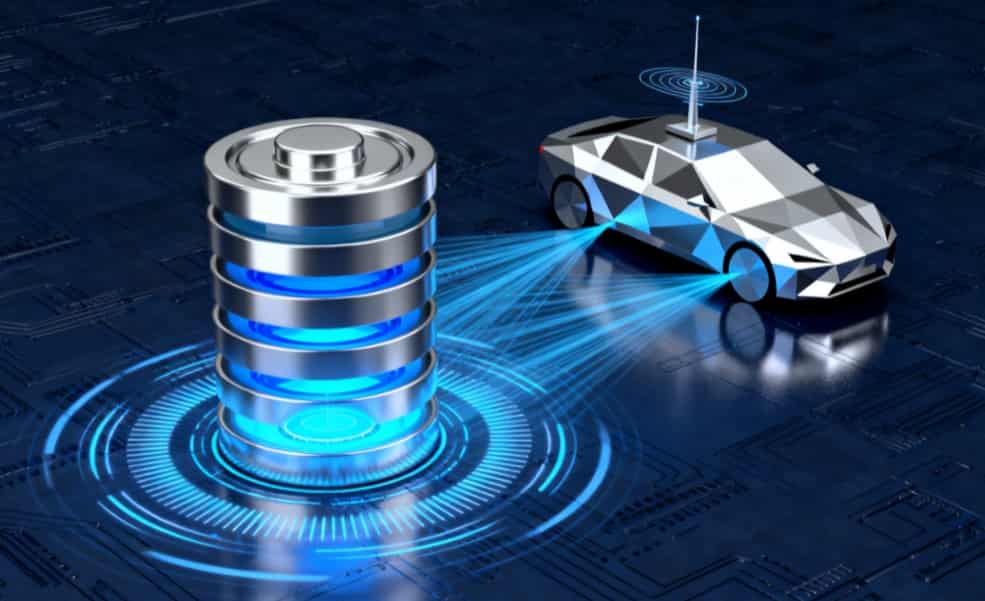
Optimizing Charging Efficiency
Charging times are one of the most significant concerns for EV owners. Even though fast-charging infrastructure is expanding, charging an EV can still take longer than refueling a traditional gasoline-powered car. Fortunately, AI and ML are helping to speed up the process while ensuring that the battery remains safe.
AI-powered charging algorithms can optimize how and when EVs are charged. By adjusting charging speeds based on real-time data—such as the current battery state, temperature, and energy demand—machine learning ensures that the battery is charged in the most efficient way possible. This not only reduces charging time but also minimizes energy loss, making the charging process more eco-friendly.
Thermal Management and Safety
Thermal management is another critical area where AI and ML make a significant impact. EV batteries generate heat during charging and discharging, and maintaining the correct temperature is crucial for maximizing battery life and performance. Excessive heat can lead to battery failure or even thermal runaway, a dangerous situation that could cause fires.
AI can help with dynamic thermal management by continuously monitoring the temperature of the battery during driving and charging. By predicting potential hot spots, AI can activate cooling systems in advance to maintain optimal temperature levels. This helps keep the battery within a safe operating range, reducing the risk of overheating and extending its lifespan.
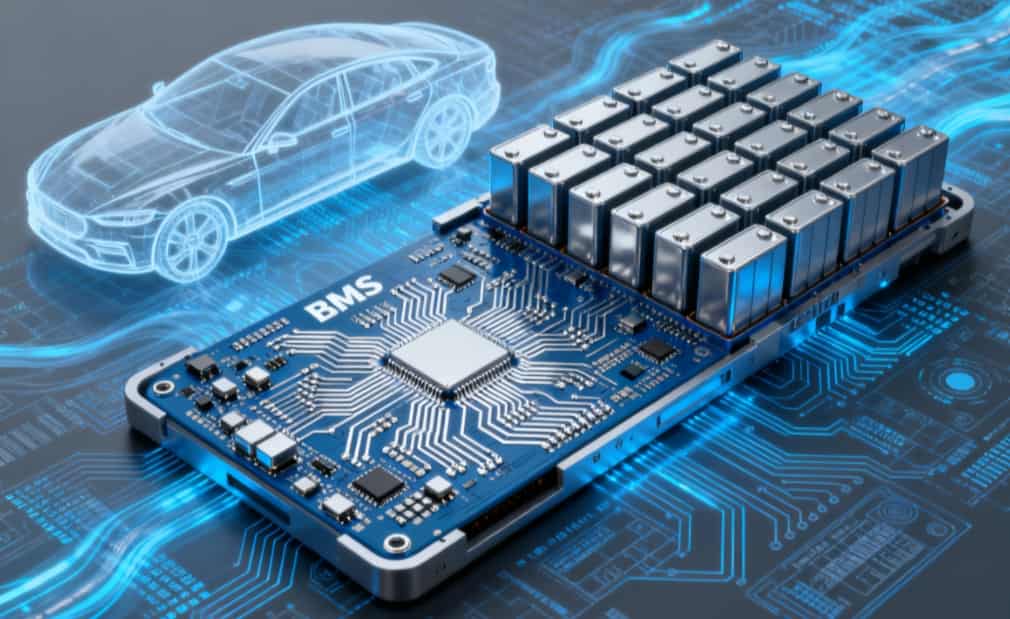
Energy Management Systems (EMS)
Energy management systems (EMS) are critical for balancing the energy input and output in an EV. These systems monitor the battery’s state of charge (SOC), state of health (SOH), and energy consumption in real time. By doing so, they can adjust the power distribution between the battery and the vehicle’s electric motor to ensure optimal energy use.
AI can further optimize this by predicting future energy needs based on driving patterns. By analyzing data from the driver’s habits, the system can adjust power delivery to maximize efficiency, conserve energy, and ensure that the battery lasts longer between charges.
Second-Life Battery Use
After an EV battery has reached the end of its useful life in a vehicle, it still holds significant value for energy storage systems. AI and ML are playing a key role in assessing when a battery has aged enough to be retired from its primary function but can still be repurposed for secondary use, such as storing energy for grid applications.
AI-driven algorithms can analyze the state of the used battery and determine if it’s viable for second-life use. This reduces waste and provides a sustainable way to handle EV batteries at the end of their first life.
Battery Recycling Optimization
As the demand for EVs grows, so does the need for efficient battery recycling. AI and ML are playing a significant role in improving the recycling process by identifying the most effective methods for extracting valuable materials like lithium, cobalt, and nickel from used batteries.
AI algorithms can be used to analyze and optimize the recycling process, identifying the most efficient methods for breaking down used batteries and recovering key materials. This reduces waste and ensures that valuable materials are reused in the production of new batteries, making the entire supply chain more sustainable.
AI and ML are still evolving, and as they continue to improve, their impact on EV battery technology will only grow. In the future, we can expect even smarter battery management systems, faster charging times, and more advanced predictive maintenance capabilities. With AI’s ability to process large volumes of data, battery manufacturers will have even more precise control over battery design, efficiency, and safety.
In conclusion, AI and machine learning are revolutionizing the electric vehicle industry by optimizing battery performance, improving energy efficiency, enhancing charging speeds, and ensuring the safety and longevity of batteries. As these technologies evolve, they will continue to drive innovations that make EVs more reliable, cost-effective, and sustainable, ultimately contributing to the future of clean transportation.



